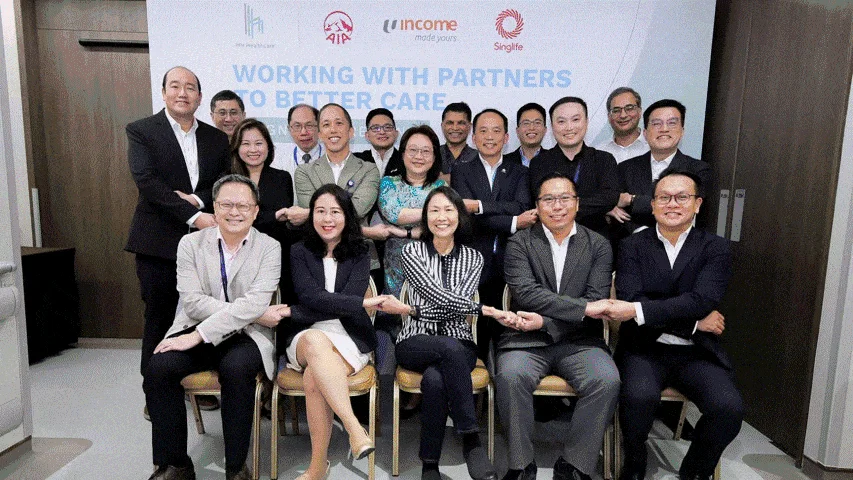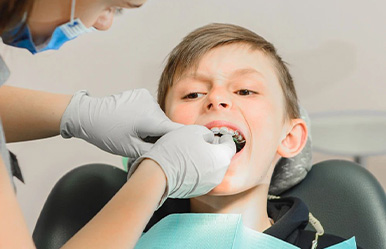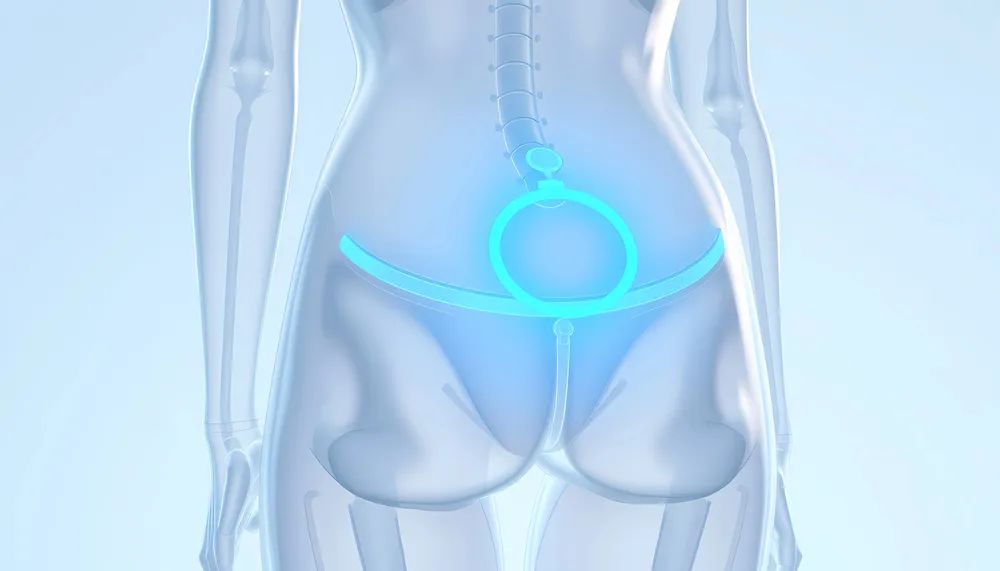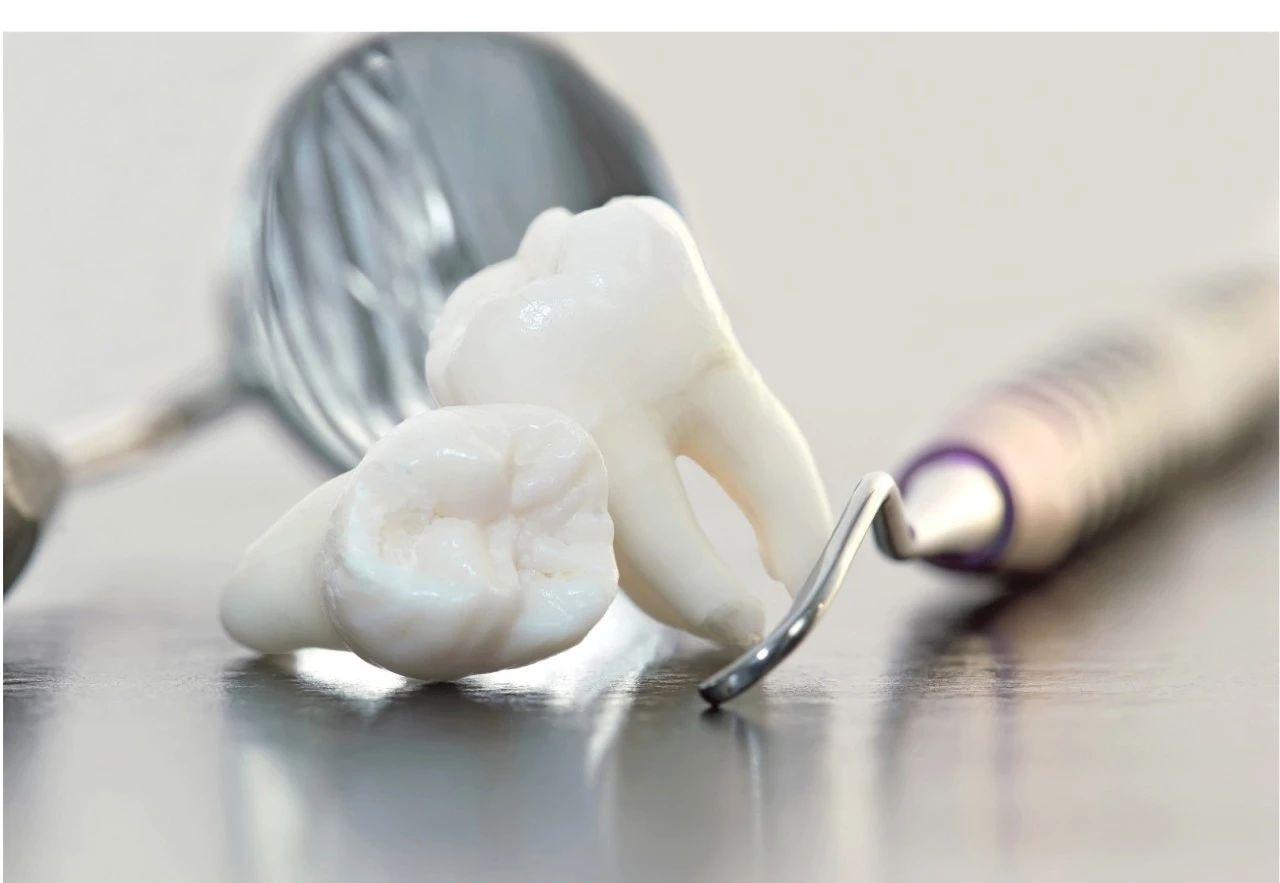Can a Gastroscopy or Colonoscopy Help Prevent Cancer?
2022-10-17
PARKWAY 百汇医疗
Digestive tract diseases such as colon and stomach cancers are curable if detected early; and screening by endoscopy is one of the ways detect these cancers.
We look at how having a gastroscopy or colonoscopy can help screen for, and even prevent cancer, and how these procedures play a part in the early treatment of these conditions.
What is the difference between a gastroscopy and a colonoscopy?

First things first, both gastroscopies and colonoscopies are known as endoscopic procedures. Endoscopy refers to the visual examination of our body cavities using long and thin flexible telescopes that are attached to a video monitor. The procedure is called a gastroscopy when the scope is inserted through the mouth to examine the stomach. When it happens from the anus in the examination of the colon and rectum, it is called a colonoscopy.
Let’s look at each procedure in greater detail:
Gastroscopy looks at the upper gastrointestinal tract. A gastroscopy usually takes around 10 minutes and is carried out by a doctor who specializes in gastroenterology or gastrointestinal surgery. You are required to fast for 6 hours prior to the procedure. You will be asked to lie on your left side and an intravenous sedative will be given. Upon ‘falling asleep’ the scope will only be inserted is only inserted through your mouth and passed gently into your esophagus, stomach and duodenum.
Colonoscopy is used to examine the lower gastrointestinal tract. The scope is inserted through the anus and passed up to examine the rectum and entire colon. The procedure lasts around 30 minutes and is done under sedation. Air is used to inflate the bowel so that the examination can be more accurate. You may feel some discomfort from the bloating but there should not be any pain. The day before your colonoscopy, you will be asked to consume a low residue diet and avoid any fruits and vegetables. A bowel preparation laxative will also be given to help clear the bowels for a better view of the large intestine.
Why would my doctor recommend an endoscopy?

Endoscopies are most commonly used in the screening and detection of diseases and conditions, but they may also be used to help carry out certain treatments. These include the control of internal bleeding, biopsies – the removal of tissue samples for further analysis in the lab - and in the removal of polyps – precancerous growths that can lead to cancer.
How are endoscopies used in screening for cancer?
Your doctor may recommend a gastroscopy or a colonoscopy to screen for stomach or colon cancer. The aim of screening is to detect cancers at an early curable stage even before you have any symptoms.
The majority of these cancers start as little polyps that take about 5 – 10 years to grow and undergo cancer change. 9 in 10 colorectal cancers can be prevented with regular colonoscopy screening at 5-year intervals, starting from the age of 45.
What symptoms typically prompt an endoscopy?

Besides screening, gastroscopy and colonoscopy are also frequently done for the accurate diagnosis of digestive symptoms so that precise medical treatment can be given.
Your doctor may recommend a gastroscopy if you have symptoms such as:
abdominal pain or discomfort that is persistent
difficulty in swallowing or vomiting
heartburn or reflux symptoms
Indigestion and/or bloating after meals
passage of black stools (this may be due to internal bleeding in the stomach)
loss of appetite and weight
Your doctor may recommend a colonoscopy if you have symptoms such as:
abdominal pain or discomfort that is persistent
change in bowel habits, such as constipation or diarrhea
passage of mucus or blood in the stool
The exams may also be recommended if you have a family history of digestive tract cancers, or you are over a certain age.
When should I go for a colonoscopy or gastroscopy?
When symptoms are present:
If you display any of the symptoms mentioned above, you should book an appointment with your doctor to obtain an accurate diagnosis.
If you are over the age of 45.
If you have a family member with gastrointestinal tract cancer.
Preparation and aftercare
Gastroscopy and colonoscopy are usually done as day procedures,and overnight hospitalization is not required. You will be asked to report half an hour before the procedure time.
You will be sedated during the procedure and you will wake up in the recovery ward once the procedure is over. You will be given a light snack and adequate time to fully awake before going home. It is best to have someone accompany you home as you should not drive after having sedation.
Your doctor will review you before your discharge and discuss the scope findings and further treatment plan with you.
If you are concerned about symptoms or would like to book a screening, book an appointment to get an accurate diagnosis.
Parkway China
Parkway is part of IHH Healthcare, one of the largest healthcare providers in the world by market capitalization. Its operates 80 hospitals with more than 15,000 beds in 10 countries.
Parkway first arrived in China in 2004. In 2006, Parkway opened its first medical center in Shanghai, bringing world-renowned quality healthcare to China. Through the acquisition of World Link Group in 2007, Parkway becomes Shanghai's largest foreign-owned medical network.
Parkway China is a leading international healthcare provider. With a team of nearly 100 internationally trained physicians, we now operate 8 medical facilities conveniently located in Shanghai, Chengdu and Hong Kong offering more than 40 specialties. We work closely with the best local hospitals with which we share our knowledge and expertise to ensure the best services possible to our patients. We have established direct billing services with over 50 insurance companies. We provide both outpatient and inpatient care for adults and children. Our services include: Family Medicine, Adult Medicine, Pediatrics, Gynecology, Dentistry, Cardiology, ENT, Gastroenterology, Ophthalmology, Dermatology, General Surgery, Orthopedics & Sports Medicine, Urology, Beauty & Skin Care, Psychiatry, Traditional Chinese Medicine & Acupuncture, Osteopathy, etc.



























